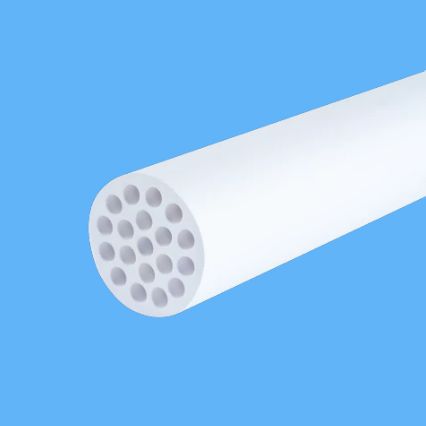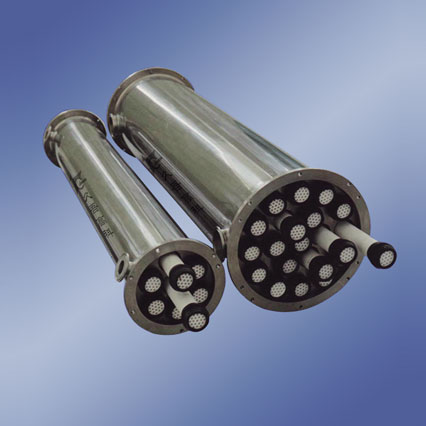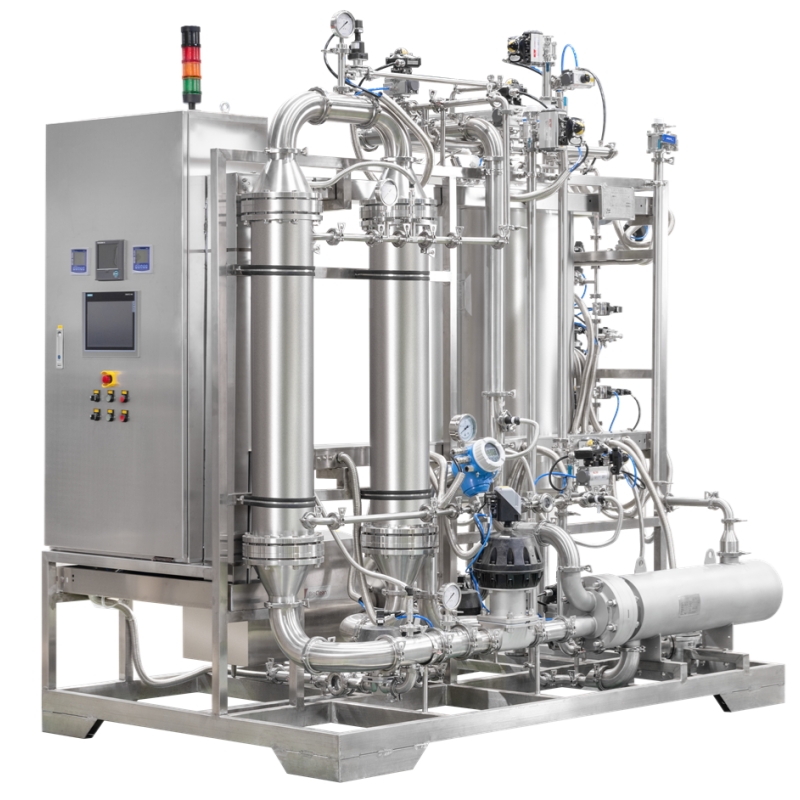Palm oil is not only the highest yielding cheap vegetable oil on the earth but also a safe raw material for edible oils and daily chemicals, and a raw material for biofuel.
As a raw material for edible vegetable oils, chemical raw materials and biofuel, palm oil has attracted worldwide attention in the process of ecological protection and industrial pollution. As a result, palm oil wastewater treatment also receives much attention.
Palm oil mill effluent (POME)is a yellow liquid with a unique unpleasant smell and comes from oil extraction, cleaning and washing process in the POME factory, which is featured with very high COD and BOD.
Due to its acidic nature (pH 3.4–5.2), high salt and suspended solids, oil and grease, the untreated discharge of POME can result in considerable environmental consequences.
Each ton of palm oil produced emits about 20 tons of high-concentration organic wastewater. When the high-concentration organic wastewater per ton is treated according to the current sewage pond treatment method, it is equivalent to emitting more than 210 million tons of carbon dioxide gas into the atmosphere every year. It's important to solve the problems in palm oil mill effluent treatment.
To achieve environmental requirements and economic challenges, the POME factories are trying to get efficient and return on the investment process.
JIUWU HI-TECH has made a lot of studies and many rich experiences for POME treatment since 2012.
JIUWU HI-TECH offers the solution for POME treatment with an integrated ceramic membrane technology which is a green, friendly environment, economic efficiency and has the following technical benefits:
No discharge of wastewater
Low capital investment ;
Low operation cost;
Oil is concentrated and water is recycled
After integrated process filtration, concentrate including surplus sludge from anaerobic and centrifuge is used as fertilizer for cattle farm and purified water can be used for recycling or the bolier feed water due to salts and organic compounds are removed.
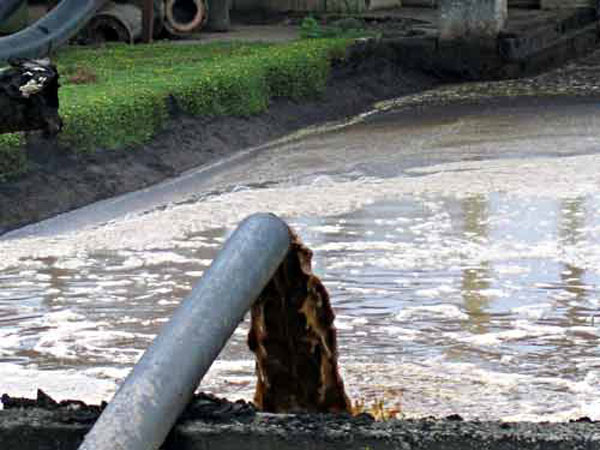
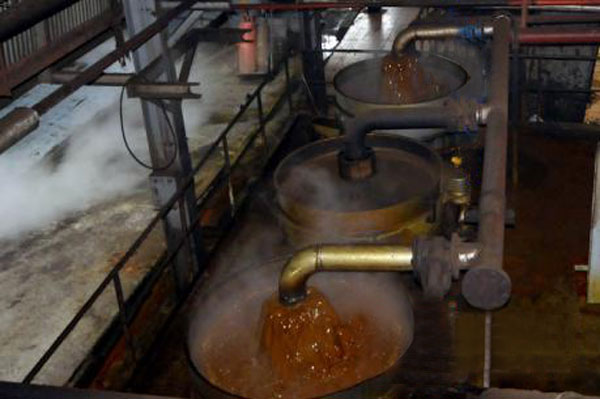
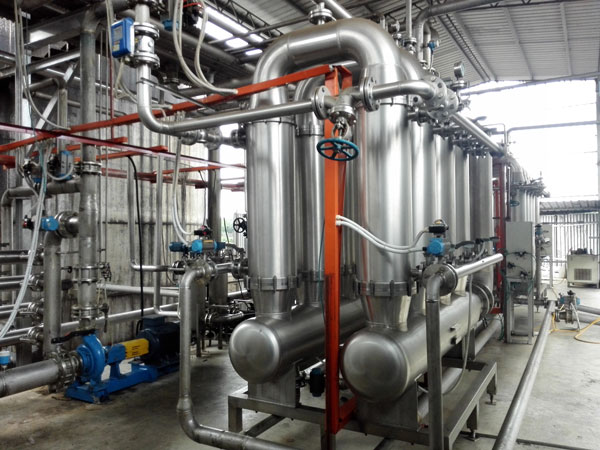
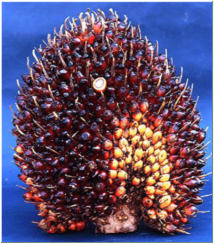
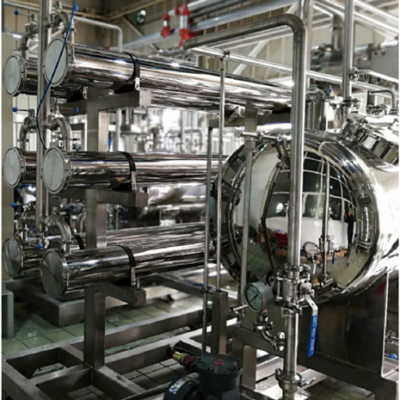
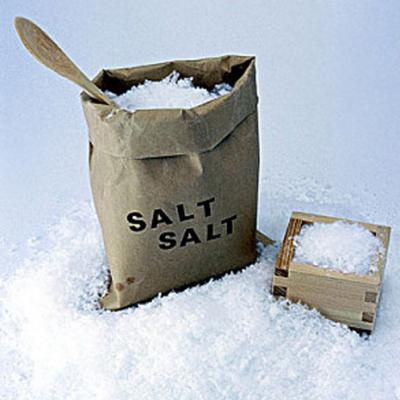

we will contact you within 24 hours.
 +86-25-58849045
+86-25-58849045
 +86-25-58749295
+86-25-58749295
 jiuwu@jiuwu.com
jiuwu@jiuwu.com
 No. 9 Park Road, Pukou District, Nanjing City (Sanqiao Factory)
No. 9 Park Road, Pukou District, Nanjing City (Sanqiao Factory) Call us on:
Call us on:  Email Us:
Email Us:  No. 9 Park Road, Pukou District, Nanjing City (Sanqiao Factory)
No. 9 Park Road, Pukou District, Nanjing City (Sanqiao Factory)

 English
English 한국어
한국어 français
français русский
русский Español
Español